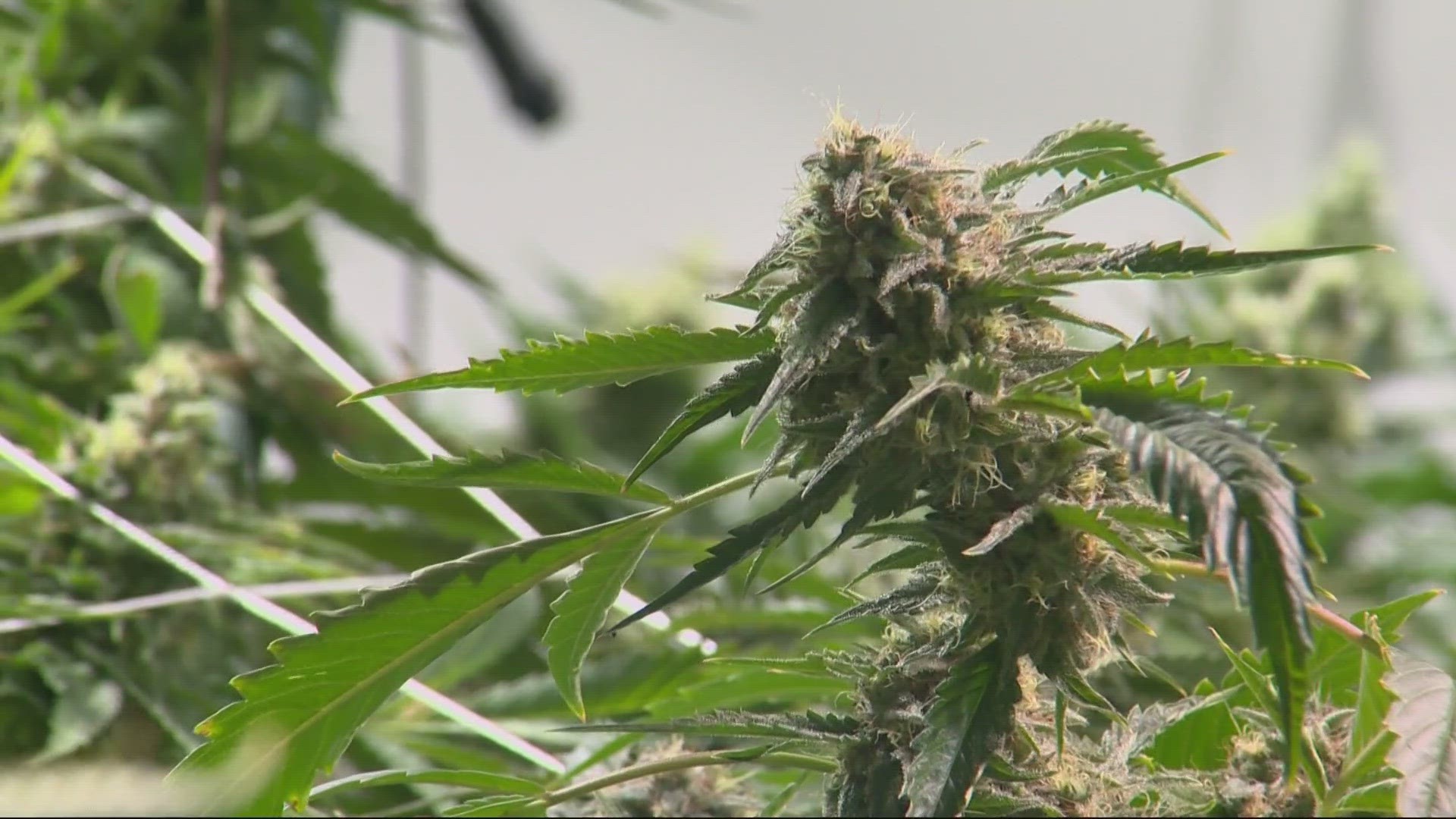PORTLAND, Ore. — On Friday, President Joe Biden pardoned people convicted of certain federal marijuana offenses. The announcement builds on a proclamation issued just over a year ago, which pardoned thousands across the nation.
The pardon focuses on simple possession and use of marijuana under federal law and in Washington D.C. The president also reduced the sentences of 11 people in prison for non-violent drug offenses.
"Criminal records for marijuana use and possession have imposed needless barriers to employment, housing and educational opportunities," President Biden said in a statement. "Too many lives have been upended because of our failed approach to marijuana."
Joy Hudson is the founder of Nimble, a wholesale marijuana distributor. She's glad the president is continuing to destigmatize cannabis.
"When you have a president that is making statements like this, it is good for the whole industry," Hudson said.
But Hudson and her coworker, Nimble COO Marissa Rodriguez, believe a pardon is just the first step in a series to create federal cannabis reform. They said the next step is expungement.
"There aren't a lot of folks currently who are probably being arrested for possession, but your record is haunting you if you have been," Rodgriguez explained. "It's preventing you from employment opportunities, from equal access to housing. Expungement is really important; it's important across the country."
"You'd be surprised how many states have legal cannabis and still have a really healthy population of prisoners who are serving time for the thing people are enjoying legally," Hudson added.
In Nov. 2022, former Gov. Kate Brown pardoned over 45,000 state convictions related to the possession of one ounce or less of marijuana. Now, Biden is asking other governors across the country to follow suit.
While cannabis is legal in Oregon, and over 20 other states, the federal government still considers marijuana a Schedule I drug, which the U.S. Drug Enforcement Assocation (DEA) defines as "drugs with no currently accepted medical use and a high potential for abuse."
Hudson said that classification is hindering the industry.
"The federal reform is going to be necessary for the ultimate future of cannabis," Hudson said.
Both Hudson and Rodriguez said reclassifying marijuana as a Schedule III drug — meaning a drug with "a moderate to low potential for physical and psychological dependence," according to the DEA — would be significant, but not enough to completely solve the problems stunting the cannabis industry.
"We're still behind. We're behind Canada; we're soon to be behind Germany, which is holding back the industry both locally and nationally," Rodgriguez said.
Rodriguez says Germany is expected to legalize the drug later this year.

